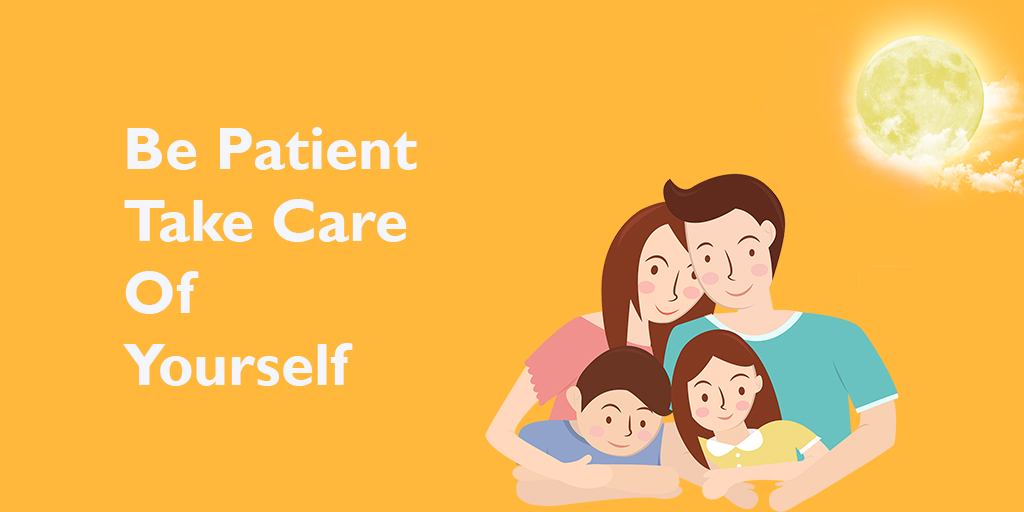Infertility is Common – You Are Not Alone
Infertility is a sensitive subject, most people don’t want to talk about the struggles in their lives. This includes the subject of infertility, but know that you are not alone! Many women can relate to this fact – most of them spent their 20’s worrying about getting pregnant, but when they hit their 30’s, they tried everything to get pregnant, without any luck. Never in a million years, these couples would have thought that getting pregnant will be as challenging as it has turned out to be. Research suggests – one in every four couples in developing countries had been found to be affected by infertility.
When Should You See a Doctor
There probably is no need to see a doctor about infertility unless you have been trying regularly to get pregnant for at least 1 year. However, consider talking with a doctor earlier, if you:
- are age 35 or older and have been trying to conceive for six months or longer;
- are over age 40;
- have very painful periods;
- have irregular or absent periods;
- have known fertility problems;
- have had multiple miscarriages
- have been diagnosed with endometriosis or pelvic inflammatory disease;
- have undergone treatment for cancer.
Your partner should talk to a doctor if he has:
- a low sperm count or other problems with sperm;
- small testicles or swelling in the scrotum;
- a history of testicular, prostate or sexual problems;
- others in your family with infertility problems;
- undergone treatment for cancer.
What’s Your Next Step?
If you’re under 35 and have been actively trying to get pregnant for at least a year or if you’re over 35 and have been trying for about six months, your next step is to make an appointment with a gynecologist to assess potential female infertility and with a urologist to assess male infertility. Make sure you both are tested. After your assessments have been made, your medical providers can make suggestions for the best treatment options you and/or your partner can have.
Infertility is a scary term, but modern medical treatments along with optimizing chances of conception by making targeted lifestyle changes have helped thousands of couples on their journey to parenthood.

Surround Yourself With Support
Don’t be hesitant to call upon all your support systems – family members, friends, social group friends, or professional support groups. Support groups consist of couples that are going through or have experienced infertility and its treatments and their support and guidance can often be priceless. Couples dealing with infertility must also recognize that infertility treatment does not provide instant results and with patience, a positive attitude and appropriate treatment, most infertile couples can eventually become parents.
For Infertility Information and Support:
- National Infertility Network Exchange
- American Pregnancy Association
- RESOLVE: The National Infertility Association
- BabyCenter.com forums
Alternative Infertility Treatment Options:
What is Ayurveda?
Ayurveda is the science of life or nature in Sanskrit is a system of mind, body, and spiritual healing and maintenance that originated in India and has been practised for more than 5000 years. It is known in the United States from the 1970s and has grown in popularity as an alternative or complementary therapy for many diseases, including infertility. The aim of Ayurveda is to reboot the whole system, resolving any issues that have flared up.
If taking ayurvedic treatment, carefully explore your options. There are no guarantees for pregnancy. If you are feeling confused or discouraged about having a baby, this might be the right body-mind approach you need to become rejuvenated and motivated to keep trying.

Yoga for healing yourself from inside.
The spiritual component of yoga offers valuable tools to help work through the fear and confusion that comes from the word – infertility. Two recent studies have found that yoga practice might help women cope. Calming techniques taught in fertility yoga classes support women on the path to pregnancy.
The links between stress and infertility are complex and not fully understood, but cortisol, the so-called stress hormone, can interfere with ovulation. Lower stress levels and having a positive mood and outlook can increase the odds that fertility treatments will work.
While the medical profession views yoga as helpful for fertility primarily because it reduces stress, yogis see much broader benefits. It balances hormones, opens the hip and pelvic areas, and improves the flow of energy through the body.
To support and hopefully speed up your journey to parenthood, consider using our natural pregnancy tool – the fertile day calendar AstroSecret – it combines well with both traditional and alternative fertility treatments.
